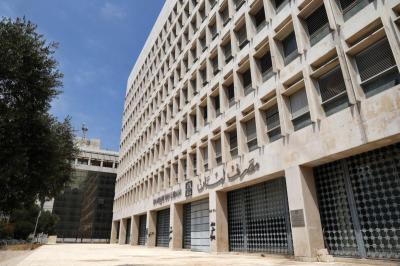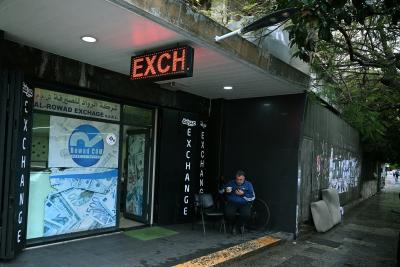The discontent of farmers towards Brussels remains unabated. The Pyrenees witnessed an unprecedented blockade never seen before in Europe. Nearly 80% of agricultural laws are decided in Brussels. Farmers have thus realized that their battleground is no longer national, but European. Spanish and French farmers have protested and blocked certain passages between the two countries together. This joint mobilization might seem curious or even anachronistic. Often, French farmers denounce unfair competition from Spanish farmers in the marketing of fruits and vegetables. Other movements in Europe, after the European elections, could resurface: in Poland, in Germany... In reality, this Franco-Spanish alliance demonstrates a growing common concern in Europe regarding free trade agreements and other competitors in the Mediterranean basin, for example.
Morocco serves as a good example of the complexity of the agricultural issue. In Morocco, where labor costs are much lower than in Europe, fruits and vegetables are much cheaper. They arrive on the shelves of our countries, challenging local productions. The major difficulty lies in the fact that the agricultural trade balance with Morocco is rather positive for France. We export wheat, potatoes, milk... to Morocco. Therefore, questioning the import of Moroccan fruits and vegetables would pose a fundamental problem for some of our French exporters.
But the main danger lies in free trade agreements. They are always in the crosshairs of farmer protests. The concern is focused on the so-called mirror clauses, these reciprocal conditions for exporting and importing... with the same rules and obligations. It seems as if, with these federalist European treaties, agriculture has become just an adjustment variable for industrial or raw material exchanges. The cost of energy has also not found real answers. Jérôme Bayle, the independent French leader, promises to come back in force in September if his demands are not met. The autumn for the European agricultural world is likely to be heated.
The farming community is still rumbling. President Macron is wrong to think that after his "show" at the Agricultural Fair, the issue of French agriculture is resolved. By the next school year in September and after the European elections, Brussels might come back with the famous Mercosur treaty. Will it be adopted despite the denials of the French executive? There would be enough to rekindle the spark of agricultural protest all over France... but also in Europe.
And then there is the issue of "small" agriculture in France, Poland, or Germany. In Haute Garonne, in Occitanie, this magnificent agriculture is fighting for its survival. The surface-based subsidies of the Common Agricultural Policy favor large industrial farmers in the French Beauce with their hundreds of hectares but not the winegrowers or orchardists of Haute Garonne or Occitanie with their 19/20 hectares on average, who receive only a few thousand euros per year. This is also the agriculture we need in Europe to preserve traditions and roots and to safeguard food sovereignty.
Please post your comments on:
[email protected]
 Politics
Politics








